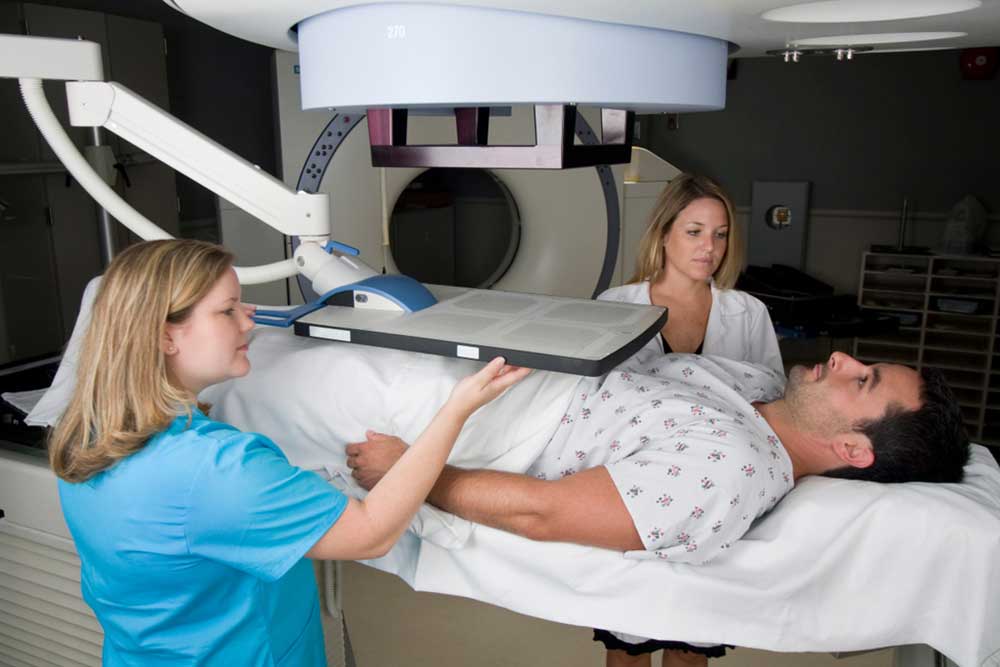Top 4 FAQs About Later-Stage Prostate Cancer
This article explores key questions about advanced prostate cancer, including risk factors, treatment options, and supportive therapies. It aims to inform patients and caregivers about managing the condition effectively, emphasizing the importance of personalized medical care and quality of life. Understanding the progression and available treatments helps patients make informed decisions and improves overall disease management.

Top 4 FAQs About Later-Stage Prostate Cancer
Prostate cancer begins in the prostate gland, but when it spreads beyond the prostate to other parts of the body, it is classified as advanced. This stage, known as metastatic prostate cancer, often affects bones, liver, adrenal glands, or lungs. It may expand directly or via lymph nodes to distant regions. Understanding the key aspects of advanced prostate cancer is crucial. Below are commonly asked questions regarding this serious condition.
What factors increase the risk of advanced prostate cancer?
Although the exact cause remains unknown, several factors may contribute to its development.
Risk factors include:
Age: Men over 65 are more susceptible.
Family history: Genetic predisposition increases risk.
Ethnicity: African-American men face higher chances.
Obesity: Excess weight correlates with increased risk.
How is late-stage prostate cancer treated when it has metastasized?
While treatment approaches remain similar across stages, managing advanced prostate cancer is more complex. Typically, a combination of therapies is employed:
Hormone therapy: Reduces male hormones fueling cancer growth; side effects include sexual issues and anemia.
Immunotherapy: Boosts immune response, especially when hormones are ineffective; includes cancer-fighting vaccines.
Chemotherapy: Destroys cancer cells throughout the body, potentially shrinking tumors.
Radiation therapy: Uses external beams or implantable radioactive seeds to target internal areas.
What alternative treatments can help manage symptoms of advanced prostate cancer?
Complementary therapies can improve quality of life and symptom management, including:
Meditation, deep breathing, and mindfulness practices
Therapies for relaxation and mental calmness
Tai chi, yoga, and gentle movement exercises
Massage therapy for physical relaxation
Support groups for emotional support and advice
How do doctors decide on the best treatment for advanced prostate cancer?
Since the cancer has spread to distant organs such as the spine, lungs, or liver, a cure isn't typically possible. Treatment focuses on controlling progression and maintaining life quality. Decisions depend on the extent of spread, symptoms, and response to prior therapies. With appropriate management, lifespan can often be extended even in metastatic cases.
Note:
This platform offers diverse informational content based on thorough research. While we strive for accuracy, readers should consult healthcare professionals for personalized advice. Our articles serve as educational tools and may not include all current treatment options or offers available in the market.










